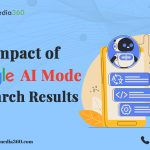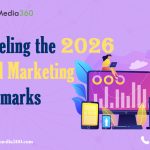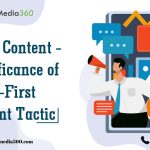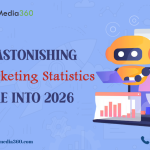The Role of AI in Digital Marketing in 2023
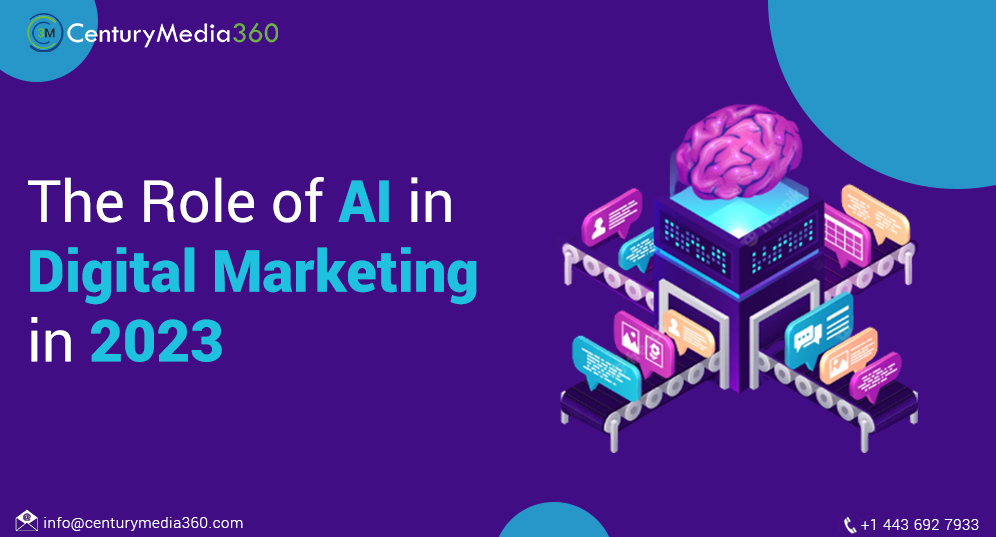
AI (Artificial Intelligence) has come a long way in recent years and its impact on the world of digital marketing is impossible to ignore. With the rise of machine learning and natural language processing, it is changing the way we interact with customers, personalize experiences, and make data-driven decisions. As we approach 2023, the role of AI in digital marketing is set to become even more pronounced.
Personalization
One of the biggest advantages of AI in digital marketing is its ability to personalize experiences for customers. Using machine learning algorithms, AI can analyze customer data to gain insights into their preferences, behaviors, and interests. This information can then be used to personalize content, recommendations, and offers in real-time. For example, e-commerce websites can use AI to suggest products based on a customer’s browsing history and purchase history. AI can also be used to personalize email campaigns by adjusting the subject line, content, and call-to-action based on the recipient’s behavior.
Customer Service
AI has the potential to revolutionize customer service in the digital marketing space. With the use of chatbots, companies can provide 24/7 support to their customers, even outside of normal business hours. Chatbots can handle simple queries such as FAQs and provide quick and accurate responses, freeing up time for human agents to handle more complex issues. In addition, AI can be used to analyze customer feedback and suggest improvements to the customer service experience.
Predictive Analytics
Predictive analytics is another area where AI is making a big impact in digital marketing. By analyzing data from various sources, AI can make predictions about future customer behavior. This information can be used to make informed decisions about which channels to invest in, which content to create, and which offers to make. For example, Artificial Intelligence can predict which customers are most likely to purchase a product based on their browsing behavior and purchase history. This information can then be used to target these customers with personalized offers and promotions.
Content Creation
AI is also changing the way we create content in the digital marketing space. With the use of natural language processing, AI can write articles, blog posts, and even advertisements. This not only saves time but also ensures that content is error-free and optimized for search engines. In addition, Artificial Intelligence can be used to analyze existing content and suggest improvements, such as adding keywords or adjusting the tone.
Ad Optimization
Ad optimization is another area where AI is making a big impact. By analyzing data from past campaigns, AI can suggest improvements to ad targeting, messaging, and placement. This can lead to higher conversion rates and lower costs per conversion. Artificial Intelligence can also be used to analyze the performance of competitors’ ads and suggest ways to improve ad performance.
Predictive Budget Allocation
Predictive budget allocation is a relatively new application of Artificial Intelligence in digital marketing. By analyzing data from past campaigns, AI can make predictions about the performance of future campaigns. This information can be used to allocate budgets across channels in a way that maximizes ROI. For example, Artificial Intelligence can predict which channels are likely to perform best and allocate more budget to those channels.
Conclusion
The role of AI in digital marketing is set to become even more pronounced in 2023. From personalization to predictive budget allocation, Artificial Intelligence is changing the way we interact with customers, create content, and make data-driven decisions. As AI continues to evolve, it will provide digital marketers with even more opportunities to reach customers in new and innovative ways. However, it is important to remember that Artificial Intelligence is a tool, not a strategy.

